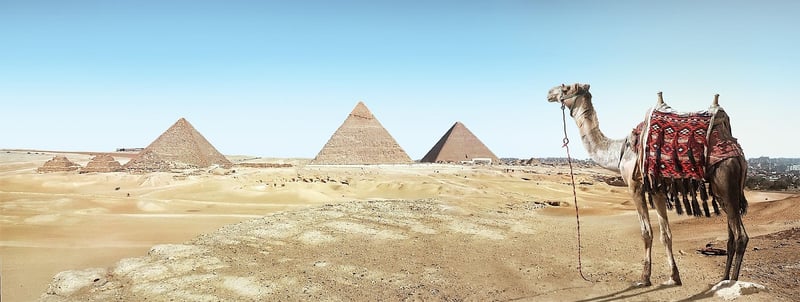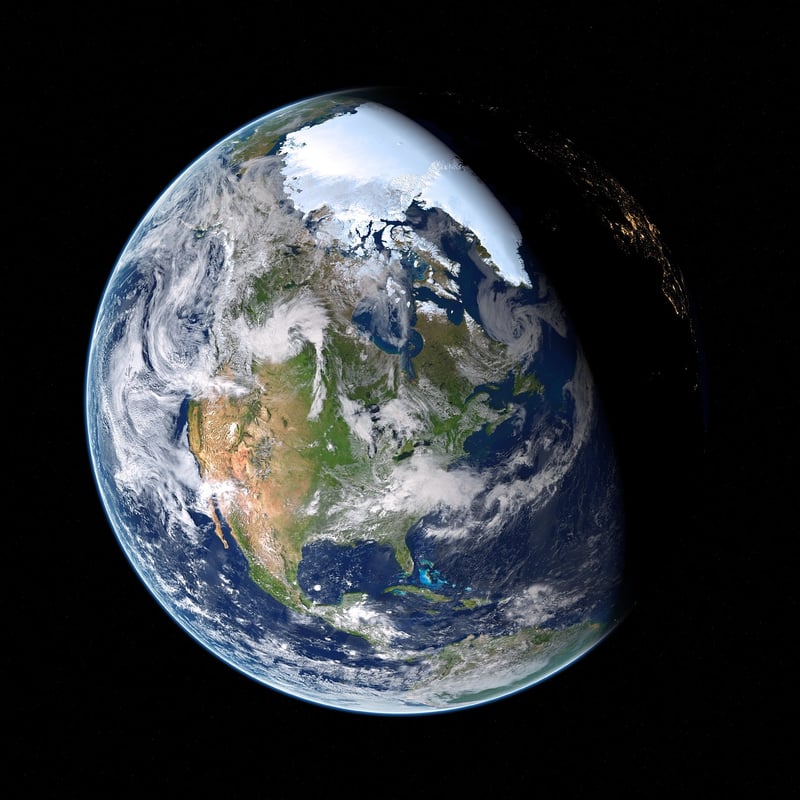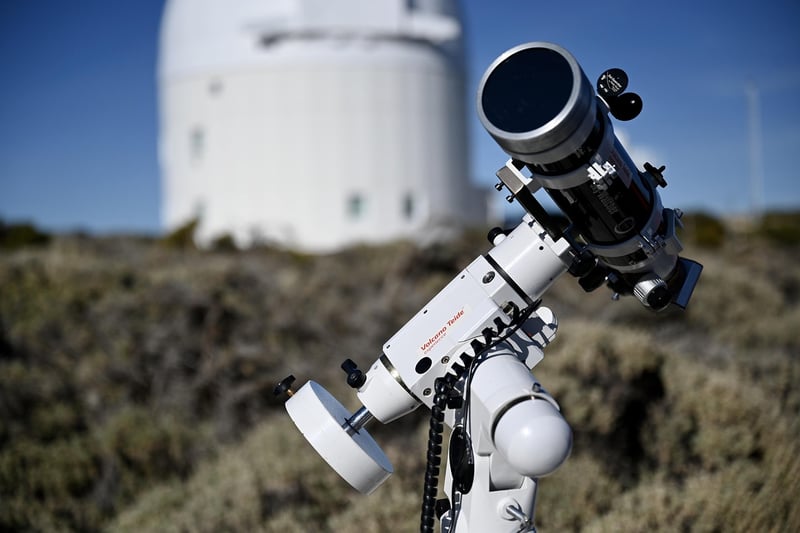Future Exploration
Exploring Different Eras and Future Exploration
Introduction
Exploring different eras allows us to delve into the past and understand how civilizations evolved over time. From ancient history to modern times, each era has its unique characteristics and contributions to human progress. Additionally, looking towards future exploration opens up exciting possibilities for discovering new frontiers and pushing the boundaries of human knowledge.
Ancient Era
The ancient era, spanning from the dawn of human civilization to the fall of the Roman Empire, offers insights into the foundations of society, culture, and technology. From the construction of the pyramids in Egypt to the philosophical teachings of ancient Greece, this period laid the groundwork for many aspects of our modern world.

Medieval Era
The medieval era, characterized by knights, castles, and feudalism, was a time of great social and political change. From the Magna Carta to the Black Death, this period shaped the development of European societies and set the stage for the Renaissance.

Industrial Era
The industrial era brought about significant advancements in technology, transportation, and communication. The invention of the steam engine, the rise of factories, and the expansion of global trade transformed societies and laid the groundwork for the modern world we live in today.

Modern Era
The modern era, characterized by rapid technological innovation and globalization, has seen unprecedented changes in the way we live, work, and interact. From the internet revolution to space exploration, this period continues to shape our world in profound ways.

Future Exploration
Looking towards the future, exploration holds the promise of uncovering new worlds, advancing scientific knowledge, and expanding human horizons. From space exploration to deep-sea diving, the possibilities for discovery are endless, offering us a glimpse into what lies beyond our current understanding.

Conclusion
Exploring different eras provides us with a rich tapestry of human history, while future exploration offers a tantalizing vision of what lies ahead. By studying the past and embracing the challenges of the future, we can continue to push the boundaries of knowledge and embark on new adventures that will shape the course of humanity for generations to come.
